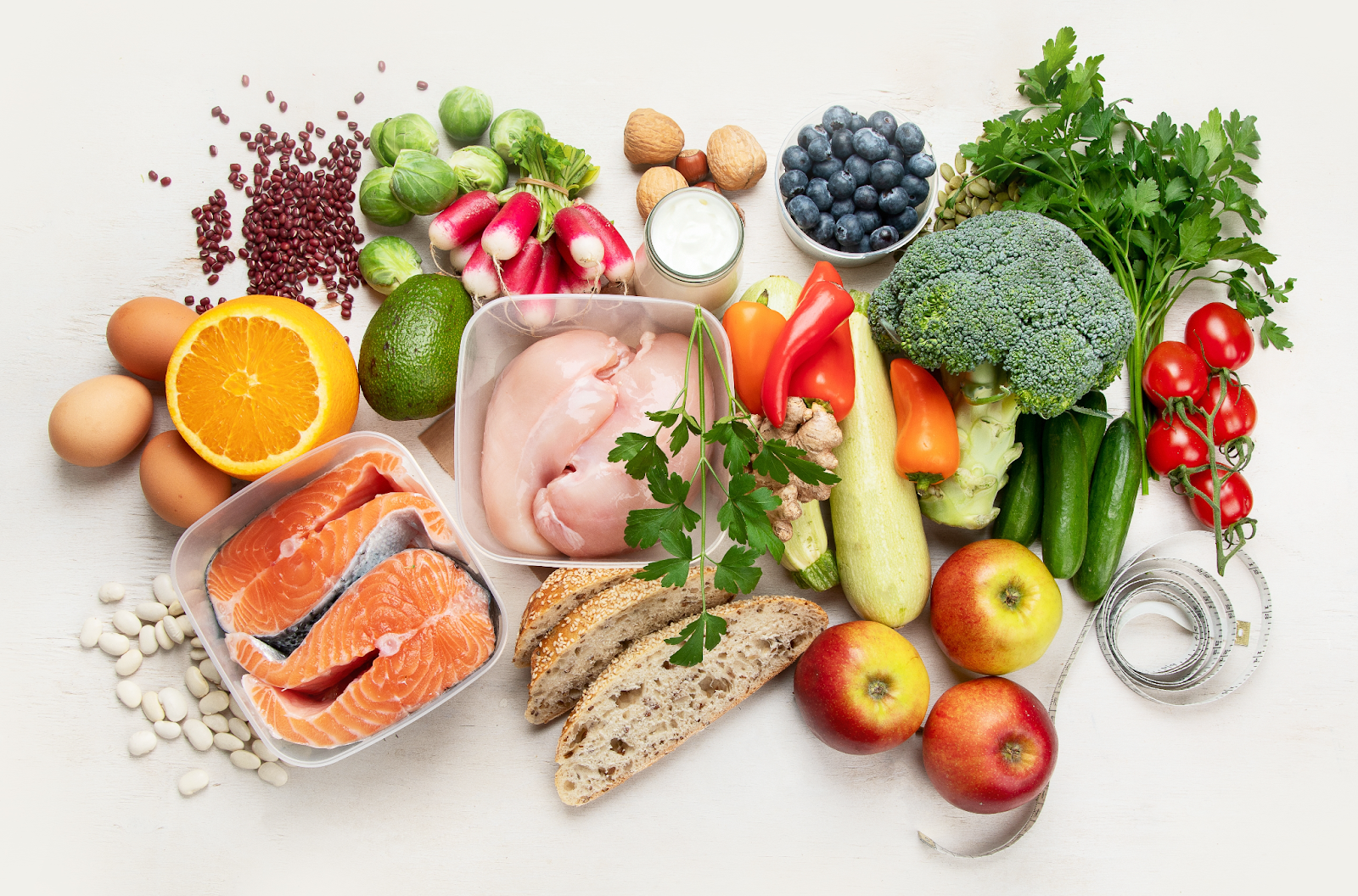When you’re looking to start a journey for weight loss and better health, many people turn to fad diets, opting for a quick and easy solution. While these diets promise rapid results, they often lead to disappointment and frustration. On the other hand, sustainable eating practices provide long-term benefits without the need for extreme restrictions. Let’s explore why fad diets don’t last and how adopting a nutritious meal plan that is also personalised can lead to lasting health and wellness.
Table of Contents
What Are Fad Diets?
Fad diets are trendy eating plans that promise quick weight loss through extreme and restrictive measures. They often eliminate entire food groups, drastically cut calories, or promote eating certain foods in large quantities. Examples include the keto diet, detox diets, and juice cleanses.
The Downside of Fad Diets
Short-Term Results
Fad diets often deliver short-term results, which can be appealing. However, these results are typically not sustainable. The initial weight loss is usually due to water loss or muscle depletion, not fat loss. Once you stop the diet, the weight often returns quickly.
Nutrient Deficiency
Restrictive diets can lead to nutrient deficiencies. Eliminating entire food groups or severely cutting calories can deprive your body of essential vitamins and minerals. This can lead to health problems such as weakened immunity, fatigue, and poor skin health.
Unsustainable Practices
The extreme nature of fad diets makes them difficult to maintain. Adhering to a highly restrictive diet can be challenging and lead to feelings of deprivation. This often results in binge eating and a cycle of yo-yo dieting, which can harm your metabolism and mental health.
The Benefits of Sustainable Eating
Balanced Nutrition
Sustainable eating focuses on balance and variety, ensuring you get all the nutrients your body needs. A nutritious meal plan includes a mix of carbohydrates, proteins, fats, vitamins, and minerals from a variety of food sources. This balanced approach supports overall health and well-being.

Long-Term Health
Unlike fad diets, sustainable eating promotes long-term health benefits. It encourages consistent healthy eating habits that can be maintained throughout your life. This leads to stable weight management, improved energy levels, and reduced risk of chronic diseases such as diabetes and heart disease.
Flexibility and Enjoyment
Sustainable eating is flexible and allows for occasional indulgences, because it’s all about balance. This makes it easier to stick to compared to restrictive diets. By incorporating healthy recipes that you enjoy, eating becomes a pleasurable and fulfilling experience rather than a chore.

How to Transition to Sustainable Eating
Start with a Personalised Meal Plan
A personalised meal plan tailored to your specific needs and preferences is a great way to begin your journey to sustainable eating. At equ, we create customised meal plans that take into account your lifestyle, dietary preferences, and health goals.
Focus on Whole Foods
Incorporate whole, unprocessed foods into your diet. These include fruits, vegetables, lean proteins, whole grains, and healthy fats. Whole foods are rich in nutrients and help you feel satisfied and energised.
- Fruits and Vegetables: Aim for a colorful variety to get a range of vitamins and minerals.
- Lean Proteins: Include sources like chicken, fish, beans, and legumes.
- Whole Grains: Opt for whole grains such as brown rice, quinoa, and oats.
- Healthy Fats: Incorporate avocados, nuts, seeds, and olive oil.
Practice Mindful Eating
Mindful eating involves paying attention to your hunger and fullness cues, eating slowly, and savouring your food. This practice helps you develop a healthier relationship with food and prevents overeating.
Plan and Prepare
Planning and preparing your meals in advance can help you stick to your nutritious meal plan. Batch cooking and meal prepping save time and ensure you have healthy options readily available.
Fad diets may offer a quick fix, but they are not a sustainable solution for long-term health. Embracing sustainable eating practices with a nutritious and personalised meal plan leads to lasting benefits and a healthier lifestyle. At equ, we provide tailored nutrition advice and healthy recipes to help you achieve your health goals. For more information, visit our homepage and explore our services. If you have any questions or need further assistance, feel free to contact us.

